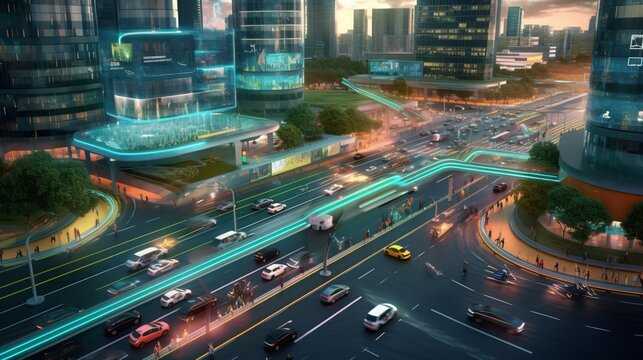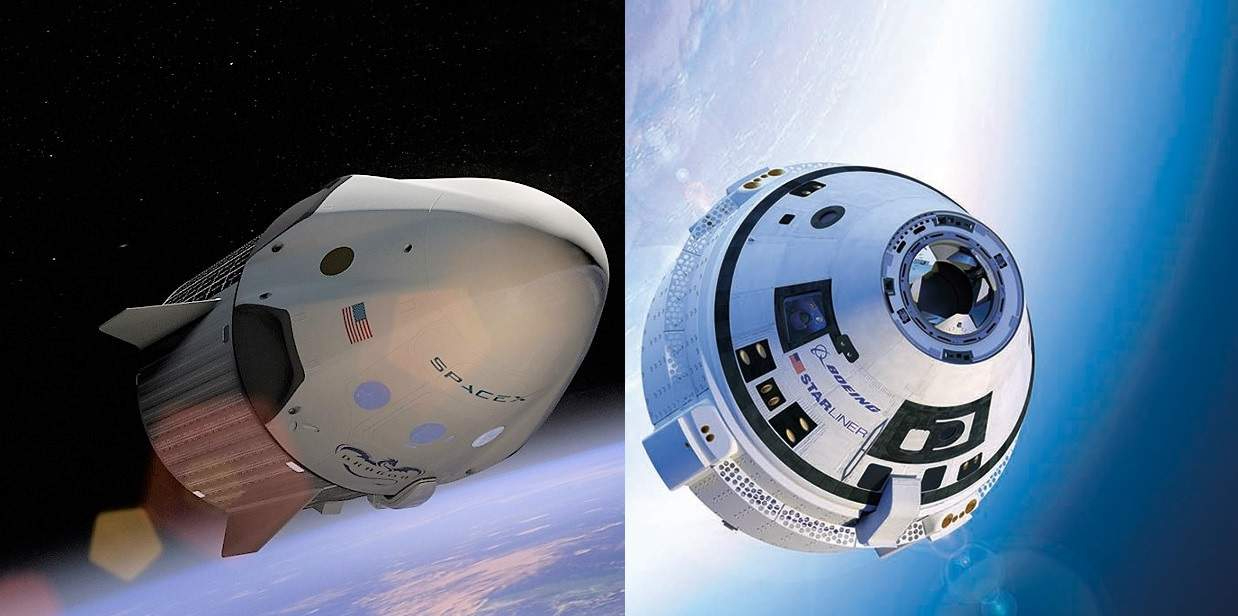Could autonomous cars eliminate traffic?

Image: Adobe
Apart from Tom Cruise in Mission Impossible III, it’s hard to find someone who gets excited about traffic jams. But here’s some (potential) good news – as more driverless vehicles hit the road, a group of researchers believes they could be eliminated completely.
The hypothesis: That AI could be harnessed to develop algorithms to control complex mixed traffic systems, which are defined as having both human-driven and driverless cars on the road simultaneously.
The researchers utilized a branch of AI known as reinforcement learning to develop an algorithm that sets rewards for driverless vehicles to prioritize goals like traffic efficiency or energy consumption. The algorithm allows these robocars to communicate with each other to optimize traffic flow – and because they’re interspersed with cars driven by actual people, all traffic ends up being affected.
In a simulation outlined in a 2023 study:
- The researchers found when driverless vehicles make up just 5% of traffic, traffic jams are eliminated.
- When robot vehicles make up 60% of traffic, traffic efficiency is superior to traffic controlled by traffic lights.
But… We’re a long way away from this reality👆. In China, hundreds of autonomous vehicles deployed by tech giant Baidu are actually causing traffic jams by driving too cautiously. And in San Francisco and Phoenix, two areas with a commercially available driverless-taxi service, autonomous vehicles have driven the wrong way down the road and been involved in multiple crashes (one leading to a Waymo recall of 672 self-driving vehicles).
Share this!
Recent Science & Emerging Tech stories

Science & Emerging Tech
| August 5, 2024NASA has a tough decision to make
🚀🤔 NASA, like Lebron James in 2010, has a decision to make – send two “stranded” astronauts home on A) Boeing’s Starliner, or B) SpaceX’s Crew Dragon?

Science & Emerging Tech
| July 18, 2024Weight loss pills are coming
💊 Carmot Therapeutics, a pharmaceutical company purchased by pharma giant Roche for $2.7 billion earlier this year, is one step closer to making the saying “A pill a day keeps the weight away” a reality.

Science & Emerging Tech
| July 16, 2024Going back to our caveman roots
🌕 An Italian-led team of researchers published a study detailing evidence for a sizable cave that could one day host a lunar base full of astronauts.
You've made it this far...
Let's make our relationship official, no 💍 or elaborate proposal required. Learn and stay entertained, for free.👇
All of our news is 100% free and you can unsubscribe anytime; the quiz takes ~10 seconds to complete